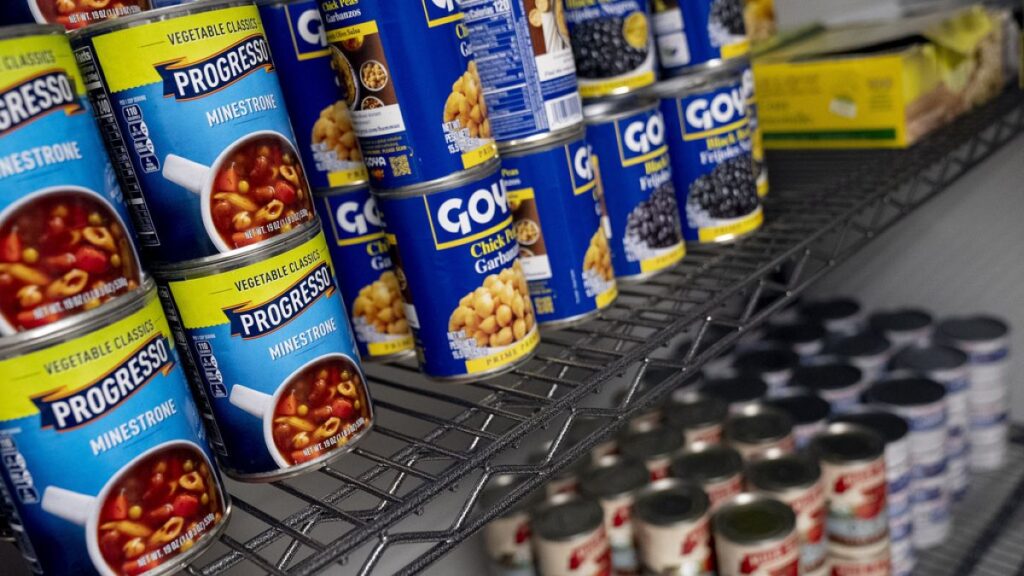Prompted by increased tensions on the continent, many countries across Europe have recently issued survival guides, helping their citizens prepare for a crisis like a war or a cyberattack.
At the end of March, the European Commission called on member states to support their residents to be ready for such situations.
Portugal recently suffered a blackout that led its citizens to take these recommendations more seriously.
To deal with situations like Portugal’s power outage, the Commission recommends having a 72-hour emergency kit at home.
Suggested items to have on hand include first aid kit and medicine, battery-operated radios and torches, chargers, money, copies of important documents, keys, warm clothes and basic tools.
Food is, of course, also essential.
But when it comes to food, what products are best suited to an emergency situation? Euronews spoke to a nutritionist to find out.
What to prioritise?
Nutritionist Lia Faria stressed the importance of buying non-perishable goods as well as products that don’t need to be cooked before eating.
For example, it makes more sense to stock up on tinned pulses — beans, peas and lentils — than dried ones, Faria said.
It is “important to always have alternatives that don’t need to be cooked, since in emergencies we may not have access to electricity or gas”, the expert explained.
Faria also suggested that people should try to ensure “some variety from a nutritional point of view”.
With regard to protein, “tinned fish and chicken, as well as dehydrated eggs” should not be left off an emergency kit list, according to Faria.
A supplement that is easy to consume such as whey or soya protein is also recommended, the nutritionist said.
Instead of dried meat, canned pulses could be a better protein source, Faria said. They also have the advantage of providing carbohydrates and fibre.
As for “fat sources”, Faria said people should consider buying olive oil and vegetable oils, as well as oily fish, including tinned sardines, salmon and mackerel.
“There’s no doubt that the biggest gap in this type of kit relates to storing fruit and vegetables, as you might expect,” added Faria, who suggested that “dehydrated options are interesting, but the truth is that, especially when it comes to vegetables, there still aren’t many options on the market”.
Faria noted that another way to avoid a nutritional deficit would be to stock up on multivitamin supplements.
Finally, the nutritionist pointed out the benefits of storing foods with a high calorie content, such as sugar, honey, and jams.
And “water, undoubtedly an essential commodity, should also be a priority in these cases,” concluded Faria.
Read the full article here

